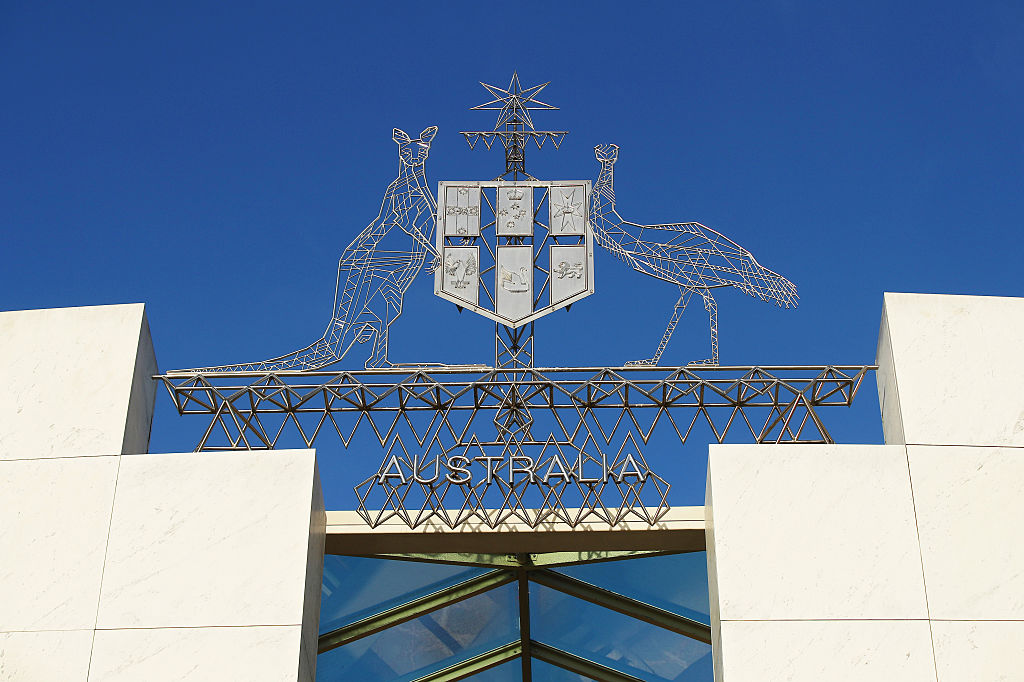In a nation where more than half of the population were either born overseas or with at least one parent born overseas, the Albanese government commissioned a review of Australia’s multiculturalism policies to support a “cohesive and inclusive” society. The review was announced in February 2023, marking 50 years since former prime minister Gough Whitlam’s landmark report on multiculturalism in Australia.
The review was undertaken by a panel of three experts who consulted with more than 1430 individuals and 750 organisations and last month produced their report. It made 29 recommendations to improve multiculturalism in Australia, and the government has since committed $100 million over the next four years to “support a stronger multicultural Australia”.
One of the more contentious recommendations in the review proposes that the portfolio of Multicultural Affairs and Citizenship should not operate within the Department of Home Affairs. The report explains that it has become:
“increasingly clear to the Panel that strategic policy direction to realise the social and economic benefits of multiculturalism for Australia has been consistently overshadowed by a singular security focus, mainly on border security, foreign interference, and countering violent extremism”.
The report goes on to conclude that the result of conflating national security policies with multiculturalism and citizenship initiatives has been “an inability” for the multiculturalism portfolio “to influence public policy and government decisions”.
Migration has been a vexing issue for Labor in recent decades.
Throughout the 21st century, the relationship between foreign policy, border security, and multiculturalism has become increasingly intertwined. This has led to a gradual “securitisation” of policies related to settlement, inclusion, and citizenship.
By framing migration as a national security issue, discussions around social cohesion, multiculturalism and citizenship have become increasingly politicised and analysed through the lens of the threat migrants may pose. The creation of the super-ministry of Home Affairs by the Coalition government led by Malcolm Turnbull in July 2017 is perhaps one of the clearest examples of this securitisation in action.
While the Labor government’s response to the report committed to funding multiculturalism and emphasised that multiculturalism remains “one of the great successes of modern Australia”, there was no mention of the proposal to separate the multicultural and citizenship portfolio from Home Affairs.
The proposal to establish a new Department of Multicultural Affairs, Immigration and Citizenship portfolio separate from Home Affairs was well thought out from a policy perspective. So why is this unlikely to occur?
Even though it was a Coalition government that established Home Affairs, Labor had previously championed similar proposals. Back in 2001, Labor opposition leader Kim Beazley proposed a Home Affairs portfolio in response to the September 11 attacks.
Additionally, migration has been a vexing issue for Labor in recent decades. The Rudd and Gillard years of government saw a damaging and politically poisonous debate over refugees and boat arrivals of people seeking asylum, which overshadowed any attempts to renew multiculturalism initiatives after a decade of retreat under the Howard-led Coalition government.
In the years after the Tampa crisis and September 11 attacks, the ALP struggled to offer a credible policy alternative to the Coalition on policies around offshore detention. Put simply, the ALP did not “own” the political issues of migration in the media and public imagination. Polling reflects that on the issue of migration and more broadly on national security, Labor remains less trusted by the Australian population than the Coalition.

As the next election approaches, the politicisation of migration has increased significantly. The focus this time is the overall migration intake and its direct connection to housing availability and other related issues. The fallout also continues from the High Court decision last year that it was unlawful and unconstitutional for the government to indefinitely detain people in immigration detention. The Opposition, in parliament and in the media, have sought to capitalise on this ruling, painting Labor as not able to keep Australians safe. And in recent days, Opposition Leader Peter Dutton has fuelled migration debates again by calling for a halt to any protection visas to Australia for Palestinians fleeing Gaza .
Anxiety about migration policy has played out through Prime Minister Anthony Albanese’s decision to reshuffle the cabinet and give Tony Burke the portfolio of Home Affairs, including Multiculturalism and Citizenship. Burke was Immigration minister for a period during the Rudd and Gillard governments. In announcing the reshuffle, Albanese emphasised the need for a minister with experience in the area.
In seeking to revitalise Australia’s social cohesion and multiculturalism policies, Labor has signalled a willingness to provide financial support to improve language services and increase local community engagement. But this will not extend to disentangling migration settlement policies from the broader securitisation discourse.
Labor does not want to appear weak on immigration and, therefore, weak in protecting Australia’s borders. Migration has long had a nation-building objective in Australia – but on multiculturalism, the government could go further in engaging with the report's recommendations.

